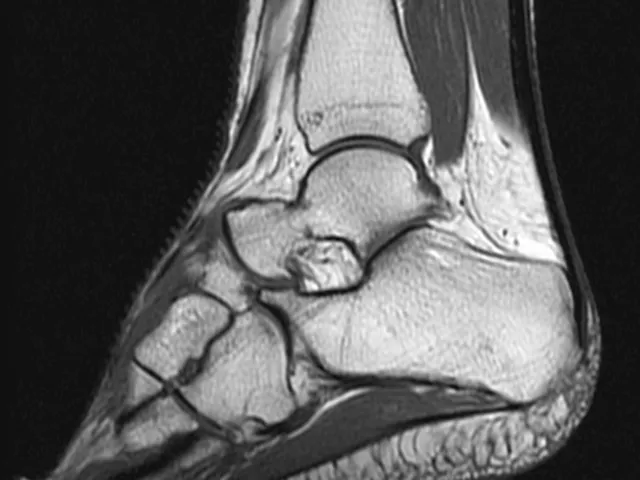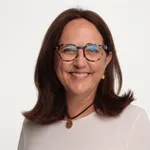
The Advanced MSK Online Fellowship will be taught across 3 days from 15.30pm to 20pm (CET). The advanced program includes highly-specific daily programs that have been included to make a big difference on your radiological report.
The course will be based on around an individual and group case review followed by short lectures.
The first day will include some difficult topics on the foot and ankle such as the high ankle sprain, midtarsal sprain, different type of ankle impingement and the differential diagnosis of metatarsalgia.
The second day will look at some specific problems on the instable and microinstable shoulder together with the new concepts on the rotator cuff that should be reported following ISAKOS classification system.
The last day we will cover some specific problems of the knee that are frequently overlooked on radiological reports such as the posterior corners of the knee and the different types of meniscal tears following the ISAKOS system.
In addition, we will review important incidental findings, pseudo tumours and tumours found on joint MRI studies that radiologists should be aware of, in order to avoid important mistakes. We will also review normal variants that look pathological and some frequent benign tumours that might be as frequent as incidental findings, among others. Moreover we will emphasize which radiological findings indicate to us the more aggressive lesions.
With a limited number of 15 radiologists in this Online Fellowship, you will enhance and strengthen your own and each other’s knowledge in structured musculoskeletal MRI reading. Through the use of the ‘Zoom’ platform, interactivity will be established, and the use of a webcam is encouraged to enhance the creation of a virtual reading room. After the case reading sessions you will keep access to the cases.
If this Online Fellowship has been successful it will have provided you with knowledge that can help you address your normal clinical challenges, as well as future pursuits.
• Upgrade your knowledge of some specific MSK problems • Become familiar with frequent benign lesions and when aggressive lesions should be suggested • Discriminate normal bone and soft tissue variants from pathology • Learn to do a structured report emphasizing those important key points for patient’s management
Intermediate to advanced level, for radiologists with some Musculoskeletal MRI experience
| Hardware | Tablets * | Minimum | Recommended |
|---|---|---|---|
| Memory (RAM): | 2 Gigabyte | 8 Gigabyte | 16 Gigabyte |
| Processor (CPU): | Dual core 1.85 Ghz | Dual core 2 Ghz | Quad core 2.5 Ghz |
| Internet connection | Minimum | Recommended | |
| Speed: | 10 Mbps | 25 Mbps | |
| Software | Tablets | Desktop | |
| Browser: | Safari * | Chrome ** | |
- * Tested with Safari on iPad 9.7 (2017), should also work on Android with Chrome. User interface not optimized for smaller screens. Large cases (more than 600 images) are not able to be opened on tablet or mobile devices due to memory consTableRowaints.
- ** Firefox, Edge and Safari also work but might not provide an equally smooth experience. Internet Explorer is not supported.





